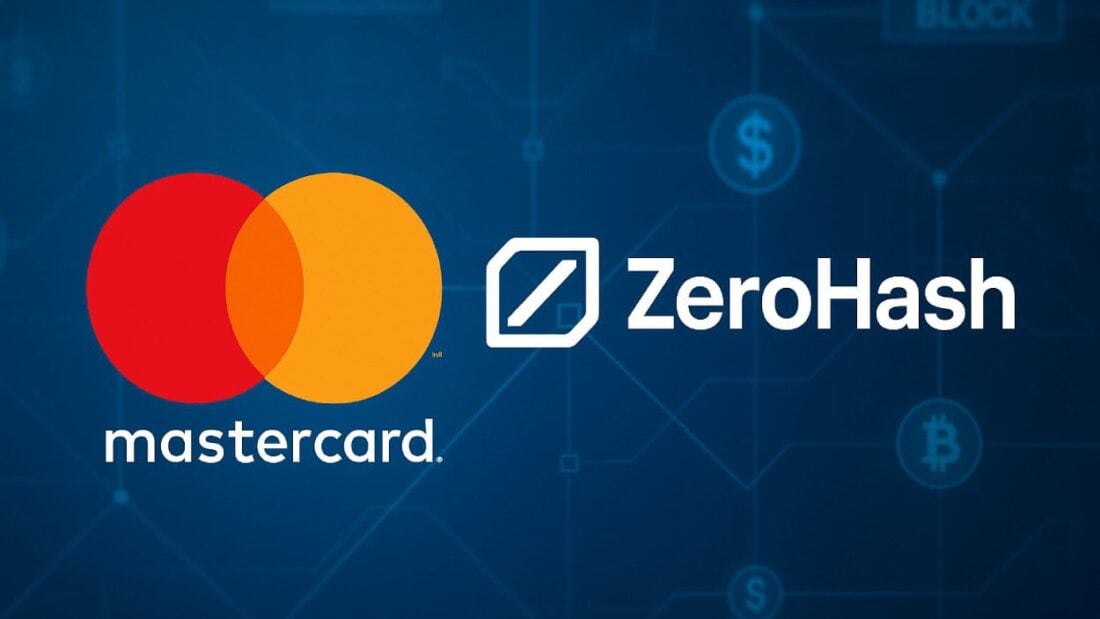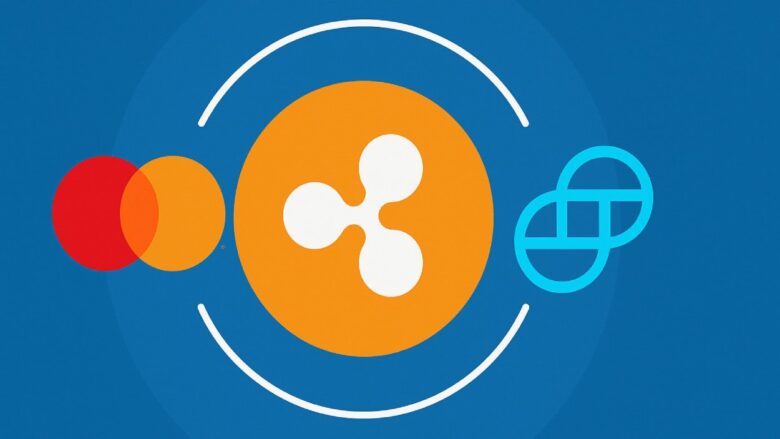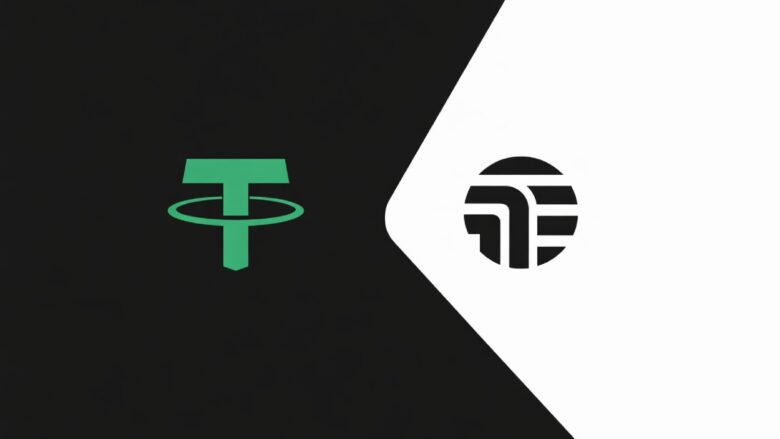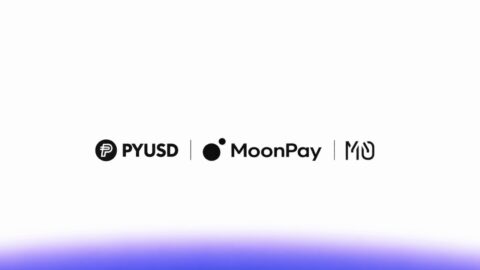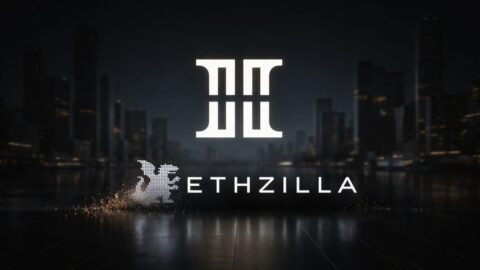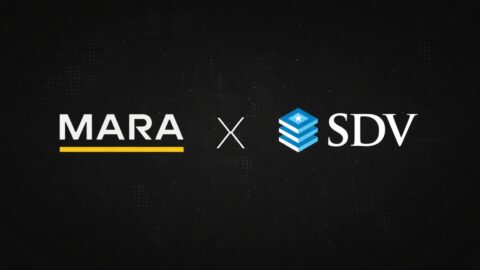Mastercard is reportedly in final-stage talks to acquire blockchain startup Zerohash, in a landmark deal that could reshape stablecoin-based payments.
Key Takeaways
- Mastercard is close to acquiring Zerohash for between $1.5 billion and $2 billion, marking one of its largest moves into blockchain infrastructure.
- Zerohash offers API-based crypto services, enabling trading, stablecoin payments, tokenization, and custody for financial institutions.
- The deal follows similar acquisitions by Stripe and Coinbase, reflecting intensifying competition over stablecoin infrastructure.
- Mastercard aims to strengthen its stablecoin settlement capabilities, amid rising demand for faster, cross-border digital payments.
What Happened?
Mastercard is in late-stage negotiations to purchase Zerohash, a Chicago-based blockchain infrastructure firm that enables financial platforms to offer digital asset services. The acquisition, valued between $1.5 billion and $2 billion, would represent Mastercard’s most aggressive investment in crypto payment infrastructure to date.
While the deal is not yet finalized, sources familiar with the matter told Fortune that discussions are in advanced stages, with Zerohash seen as a strategic asset in Mastercard’s stablecoin ambitions.
BREAKING: $500 BILLION MASTERCARD JUST SAID IT WILL ACQUIRE #BITCOIN INFRASTRUCTURE FIRM ZEROHASH FOR $2 BILLION
— The Bitcoin Historian (@pete_rizzo_) October 29, 2025
CREDIT GIANTS ADOPTING BTC. IT’S COMING 🔥 pic.twitter.com/CWsymgMkCp
Mastercard’s Crypto Infrastructure Play
Zerohash, founded in 2017, offers backend crypto services for banks, fintechs, and brokers, powering applications like tokenized payments, stablecoin transfers, and digital custody. The company enables firms to integrate blockchain features using APIs, without having to manage custody risk directly.
Some of Zerohash’s notable infrastructure powers tokenized fund projects like:
- BlackRock’s BUIDL
- Franklin Templeton’s BENJI
- Hamilton Lane’s HLPIF
Its $104 million Series D funding round in September 2024 included backing from financial giants like Morgan Stanley, SoFi, and Fifth Third Bank, valuing the firm at $1 billion.
For Mastercard, bringing Zerohash’s capabilities in-house could fast-track its efforts to offer always-on, stablecoin-based payment options. As businesses increasingly explore tokenized treasury tools and programmable payouts, Mastercard is betting on a future where digital assets settle as easily as fiat payments.
Stablecoin Race Among Payment Giants
Mastercard’s move follows a series of aggressive plays in the stablecoin space:
- Stripe acquired crypto startup Bridge for $1.1 billion.
- Coinbase entered exclusive talks to acquire BVNK in a $2 billion deal.
- Visa announced support for four more stablecoins across four blockchains.
Though Mastercard had also been in talks with BVNK, Coinbase ultimately secured exclusivity. The current push to acquire Zerohash appears to be part of Mastercard’s strategy to stay competitive.
Recent regulatory clarity from the GENIUS Act has also sparked renewed investment interest in stablecoins. Mastercard has since expanded its partnership with Circle, enabling stablecoin-based merchant settlements across Europe, the Middle East, and Africa.
Why Zerohash Makes Strategic Sense?
Zerohash serves as a turnkey provider that bridges traditional finance and blockchain technology. Its infrastructure allows Mastercard to:
- Accelerate stablecoin settlement for marketplaces and enterprises.
- Offer 24/7 programmable payouts.
- Provide crypto services without requiring clients to rebuild their systems.
Given Mastercard’s existing experiments with crypto cards, on-chain settlements, and tokenized fund integrations, Zerohash fits as a natural extension to its digital strategy.
CoinLaw’s Takeaway
In my experience, when legacy payment networks go this deep into crypto infrastructure, it’s a sign that real change is underway. Mastercard isn’t just experimenting anymore. They’re pulling crypto rails directly into their global network, which could make stablecoin-powered payments mainstream. I found it particularly interesting that they chose Zerohash, a company known more for its white-label infrastructure than for any consumer-facing product. That shows Mastercard is thinking long-term, betting on a future where blockchain quietly powers everything behind the scenes.

